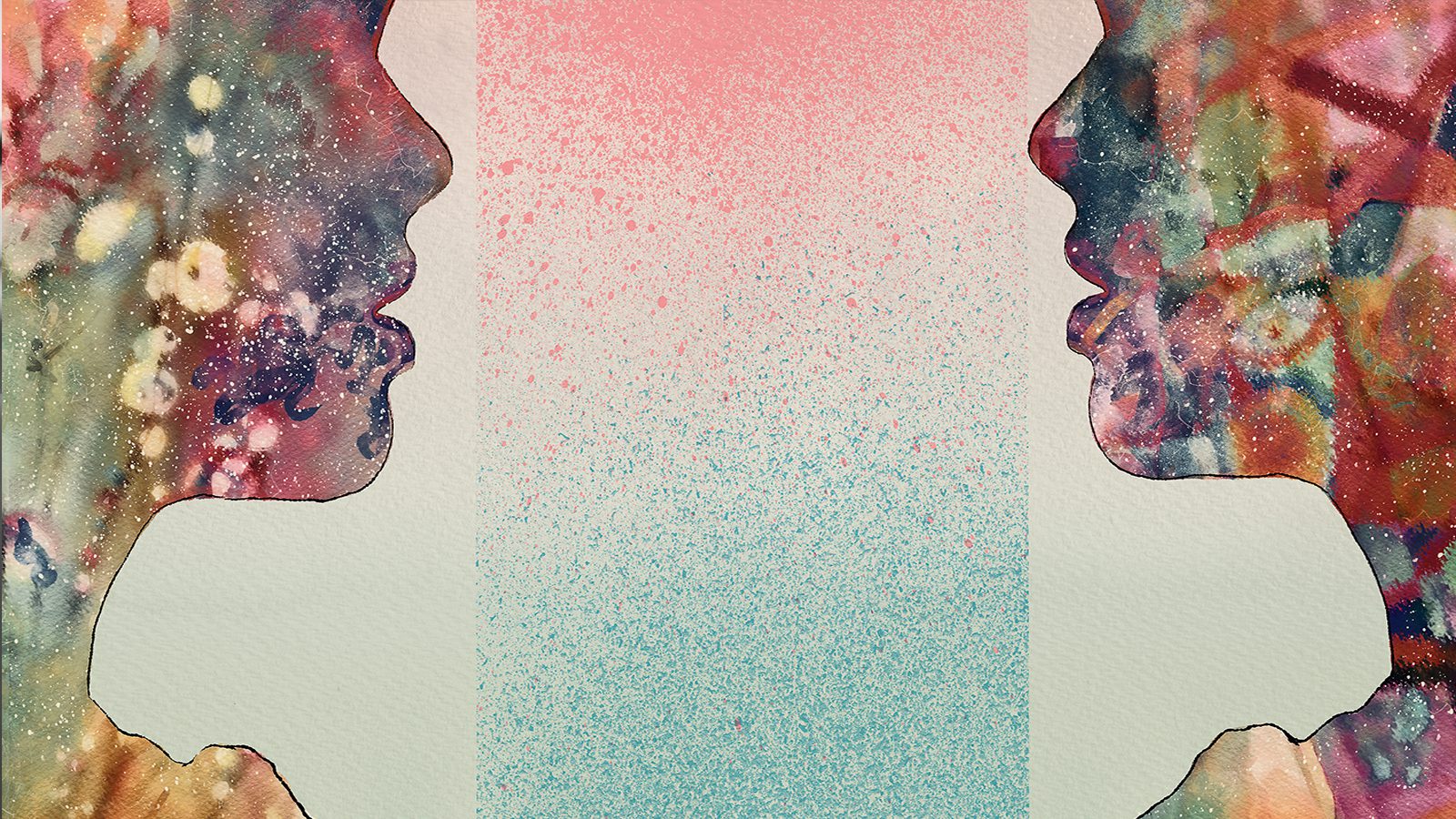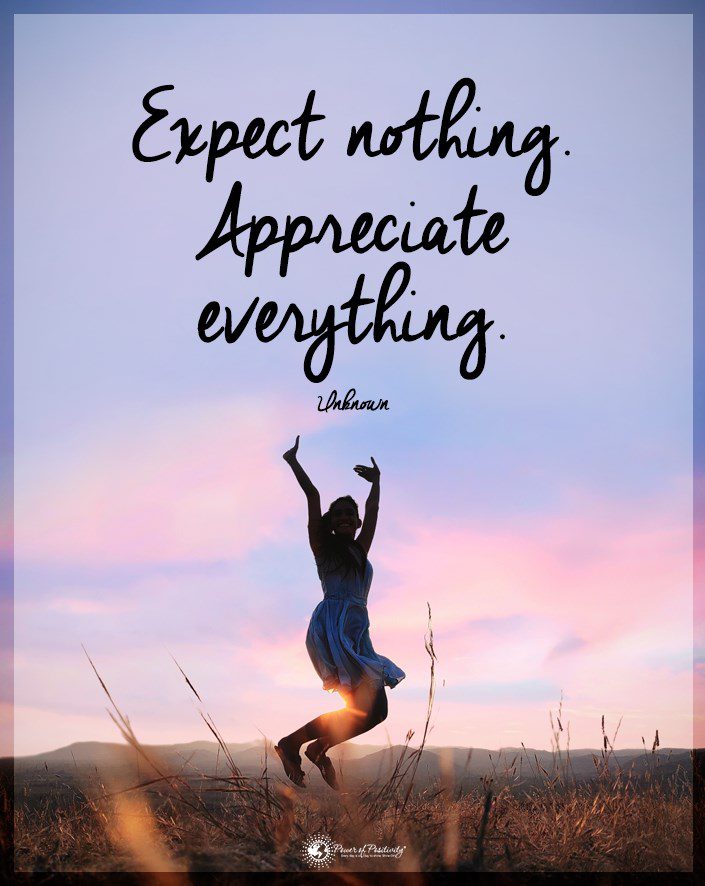Throughout history, scientists and psychologists have been fascinated by the different personality types that govern human behavior. As a result, many studies have been done on this topic, which has slotted people into many different categories. But the classification that stood the test of time is the one developed by Katherine Briggs and Isabel Myers.
These two women created a questionnaire based on Carl Jung’s theory of personality types. By taking this questionnaire, you can be slotted into sixteen different personality types. There is a lot of debate surrounding whether this test is scientifically accurate, but it’s the best available. And it can tell you a lot about why you act the way you do and your potential likes and dislikes.
But, potentially, the most exciting aspect of this test is that it explains how compatible you are with other people. Now, people fall in love without knowing their partner’s personality type. And it would be a little silly to exclude someone just because a test tells you that you shouldn’t be compatible. But, that being said, your personality types can tell you a lot about how successful you usually are in romantic relationships.
Some personality types have a track record of struggling on the dating scene. While others, especially the more extroverted types, seem to be able to create stronger connections with people. And knowing what personality type you are can teach you a lot about yourself, and it can help you understand what you might need to change if you want to have a better dating life.
The Myers-Briggs Type Indicator (MBTI) Reveal Much About the Personality Types
Katherine Briggs and Isabel Myers are mother and daughter. They both actively studied psychology. The work that fascinated them the most was Jung’s theory on personality types. This is why they developed their questionnaire during the Second World War to apply Jung’s theory in the real world. The first draft of the test was written in the early 1940s, but they kept perfecting them for the next two decades. The final draft would identify people as having one out of sixteen personalities.
The Myers-Briggs Test
The Myers-Briggs test doesn’t suggest that one personality is better than the other. It’s meant to show people their strengths and weaknesses and allow them to understand themselves better. Nowadays, you can take this personality test online. And in the end, it will tell you what category you fall into and detail what that personality type means. The test consists of four scales, which is why all sixteen types have names made up of four letters.
The First Scale
The first scale is the extraversion (E) – introversion (I). This dichotomy was first established by Jung, who suggested that where you are on the scale determines how you interact with the outside world. The MBTI test defines extraversion as action-oriented people who enjoy social interactions and feel energized after spending time with people. On the other hand, introverts are thought-oriented and social interactions usually drain them. They prefer to spend more time alone. Now, all people exhibit some extroverted and some introverted qualities. The test only determines what percentage of introversion and extraversion traits you have. For example, you could receive a 70% introversion and a 30% extraversion percentage after taking the test.
The Second Scale
The second personality scale is sensing (S) – intuition (N). It shows how people gather information from the external world. As with the last scale, everyone shows a bit of both traits. But they tend to be dominant in one or the other. People who prefer sensing pay a lot of attention to details and the reality around them and enjoy being directly involved in activities. The more intuitive types are attracted to patterns and impressions. They usually think about the future and imagine how their life could develop.
The Third Scale
The third scale analyses how people make decisions. This is the thinking (T) – feeling (F) scale. Whether people gathered their information from their sensing or intuition traits, this scale shows what they do next with that information. Some people prefer to be rational and focus on the objective facts of the issue. These lean towards the thinking side of the scale. The people who focus on feeling are the ones who decide using subjective factors, such as how other people might be affected by their decisions.
The Fourth Scale
The last scale is judging (J) – perceiving (P). This explains how people tend to deal with the outside world. People who score higher on the judging side are the ones who need structure and clear guidelines or decisions. The ones who lean towards perceiving are more open and adaptable. This scale interacts with all the other three and shows is your inner personality shines through when dealing with the outside world. You can be extraverted, but if you lean towards judging, you are less likely to show just how personable you are.
When you mesh the results from all these four scales together, you get one of the sixteen personality types. But how does your personality type interact with the idea of romance? And which of these personality types are more likely to find success in their love life?
3 Personality Types Have the Most Successful Relationships
1. INFJ (The Advocate)
If you are looking for a personality type that is a hopeless romantic and loves unconditionally, then you don’t need to look any further than the INFJ. These people are introverted and highly intuitive, making them one of the most empathetic. They are warm and caring and yearn to create a strong connection with someone before committing to anything serious.
They are not the types of people to date around, which means that when they do date, they make sure it’s the real deal. Even though they mostly keep to themselves, and it might be hard to get them to open up, they are loyal and loving to a fault. In relationships, they are the kind of partner who will always shower you with gifts and ensure you have all you need. Also, they are great listeners and will help you through your problems. Even if you don’t want a piece of advice and you just need a shoulder to cry on, that’s exactly what they’ll offer you.
Sure, their generally sheltered demeanor can be a little frustrating, especially when they don’t want to tell you what’s bothering them. Just know that they don’t do that because they don’t want to communicate or don’t trust you. They do it because they are afraid of burdening you. As long as an INFJ and their partner can talk through these small issues, they will have a connection that will last a lifetime.
2. ENTP (The Debater)
While the name might suggest people with this personality type are always up for a fight, that’s not accurate. They can be one of the most loving types of people out there. Sure, they are selective when it comes to the people they date. But that means they are looking for someone with whom they can truly connect, not just a casual fling.
They are funny and energetic people who always keep you on your toes. But they are also suckers for a grand gesture that will sweep their partner off their feet. Because of their extraversion, they will always constantly be surrounded by people. But, when there are in a relationship, they will give you all their love and attention. They will find a way to juggle their social life as long as they get to be with you. They’re pragmatic people who will give their partner the best life possible.
They might not be as obvious about their love as INFJs, but that doesn’t mean they can’t ever be romantic. It’s unlikely they’ll bring you flowers daily, but they are the type of people who plan an elaborate city break in your favorite city. Plus, they’ll always be up to exploring new things with you. So, get ready for some hiking and maybe even some skydiving because a relationship with an ENTP is anything but boring. And you’re not likely to get rid of them any time soon.
3. INFP (The Mediator)
The mediator is a personality type that will romance you and sweep you off your feet. They are highly intuitive and perceiving, which makes them empaths, much like the INFJs are. But, while the INFJs are more rigid and can sometimes be stuck in their own ways, INFPs are much more flexible and malleable.
This can sometimes mean they can have their head in the clouds, but they are some of the most caring people you will ever meet. In a relationship, they can be a little reserved at first. But they will want to know everything about you. They’ll want to meet your friends and get involved in your life. And their love is profound.
They take a while until they allow themselves to fall in love, but when they do, they make sure it’s for life. No matter how hard they have to fight and what they have to sacrifice, they’ll do it if that means they get to be with the person they love. This is why dating an INFP will almost always lead to a healthy and stable relationship.
Final Thoughts on Some Personality Types That Have the Most Successful Relationships
All sixteen personality types have unique qualities and are great people in their own right. But, as life has it, some personalities deal better with the stress and responsibilities of a relationship. Of course, that doesn’t mean that only the listed three types of personalities can have successful relationships. It’s just that they have a better track record.
If you want someone caring and trustworthy, look no further than the INFJs, the ENTPs, or the INFPs. These three personality types make for the most reliable partners, and you’ll have a lot of fun with them. But it’s not just going to be a casual relationship. If you date people who fall into any of these categories, you can be sure that you’re in for the long run.



















